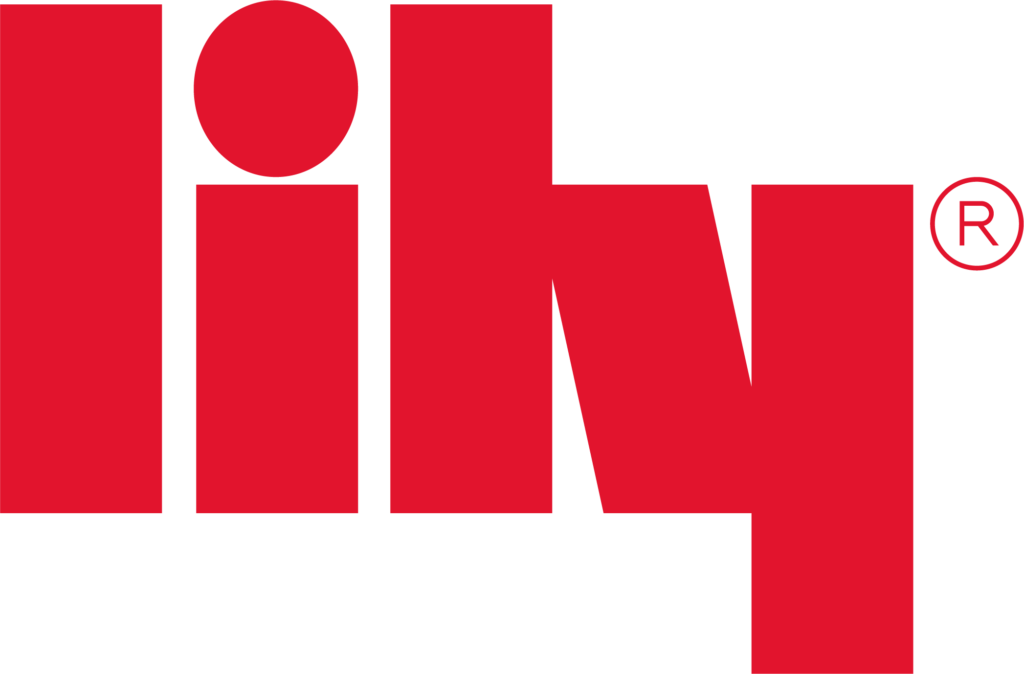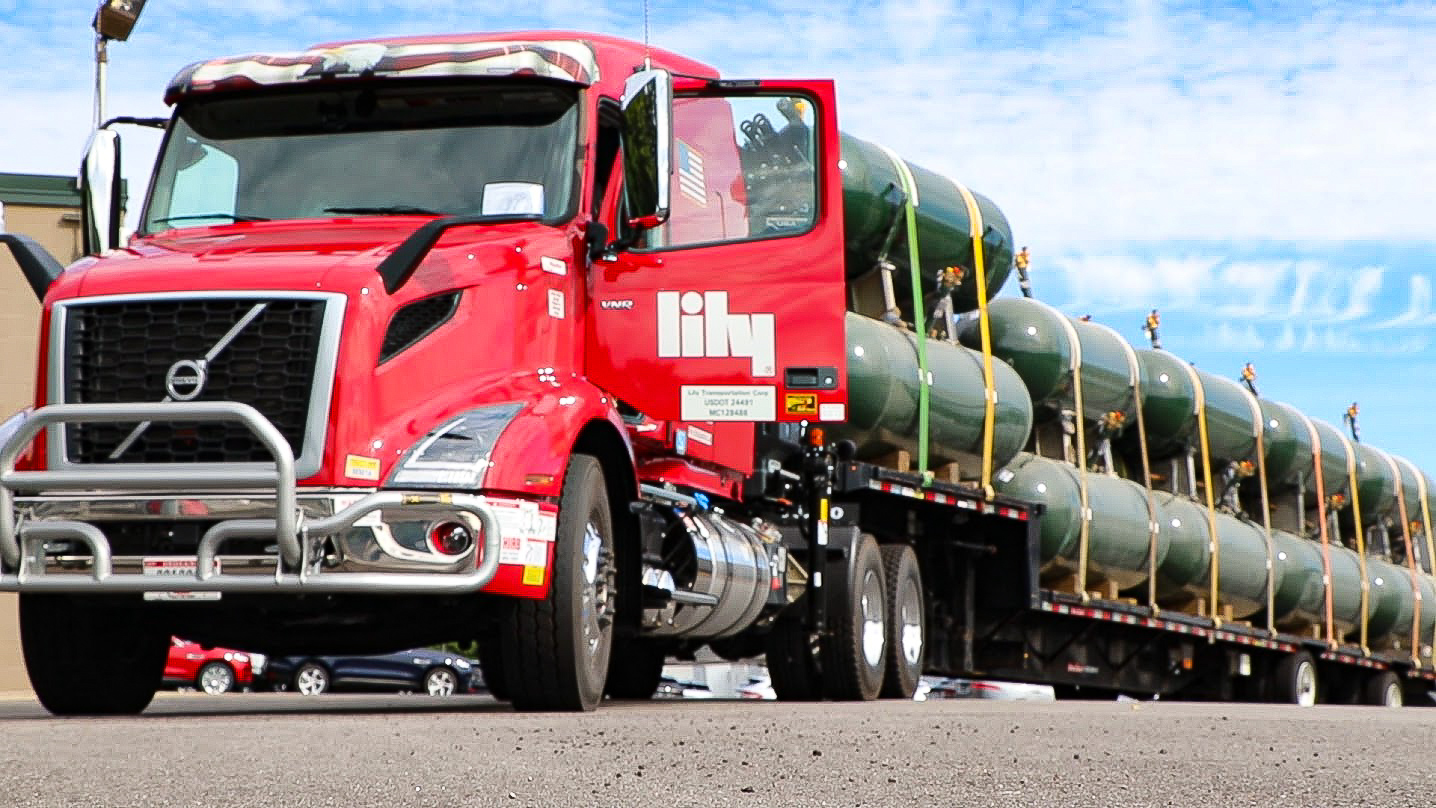In today’s fast-paced and highly competitive business landscape, efficiency is paramount. Optimizing your logistics processes can make all the difference. Dedicated logistics solutions offer a strategic approach to streamlining operations, reducing costs, and enhancing customer satisfaction. Here are the top 5 ways a dedicated contract carrier can improve your transportation bottom line:
- Tailored Solutions for Unique Needs: Dedicated logistics providers offer customized solutions tailored to the specific needs of your business. By understanding your unique requirements, they can design logistics strategies that optimize every aspect of your supply chain, from warehousing to transportation. This personalized approach eliminates inefficiencies associated with one-size-fits-all solutions and ensures that your logistics operations align with your business objectives.
- Advanced Technology Integration: Leading logistics companies leverage cutting-edge technology to enhance efficiency and visibility across the supply chain. From sophisticated warehouse management systems to real-time tracking and analytics tools, these solutions provide unparalleled visibility and control. By harnessing the power of automation, AI, and predictive analytics, businesses can optimize inventory management, route planning, and resource allocation, leading to faster and more accurate decision-making.
- Optimized Transportation Networks: Dedicated logistics solutions enable businesses to optimize their transportation networks for maximum efficiency. By consolidating shipments, optimizing routes, and managing risk, companies can reduce transit times, minimize fuel consumption, and lower overall transportation costs. Additionally, advanced routing and scheduling algorithms help mitigate delays and disruptions, ensuring timely delivery of goods to customers.
- Scalability and Flexibility: In today’s dynamic business environment, scalability, and flexibility are key drivers of success. Dedicated logistics solutions offer the scalability and flexibility needed to adapt to changing market conditions and business requirements. Whether you’re experiencing seasonal fluctuations in demand or expanding into new markets, logistics providers can scale their services accordingly, ensuring that your supply chain remains agile and responsive.
- Enhanced Customer Experience: Ultimately, efficient logistics operations translate into a better customer experience. By ensuring timely delivery, accurate order fulfillment, and proactive communication, dedicated logistics solutions help businesses exceed customer expectations and build brand loyalty. Real-time tracking capabilities allow customers to monitor the status of their shipments and provide valuable insights into delivery preferences and trends, enabling businesses to further optimize their logistics strategies.
Dedicated logistics solutions offer a strategic approach to improving efficiency and driving success in today’s competitive business landscape. By leveraging tailored solutions, advanced technology, optimized transportation networks, scalability and flexibility, businesses can enhance their supply chain performance and deliver exceptional value to customers. Partnering with an experienced dedicated contract carrier like Lily Transportation is not just about optimizing operations; it’s about unlocking new opportunities for growth and innovation.




